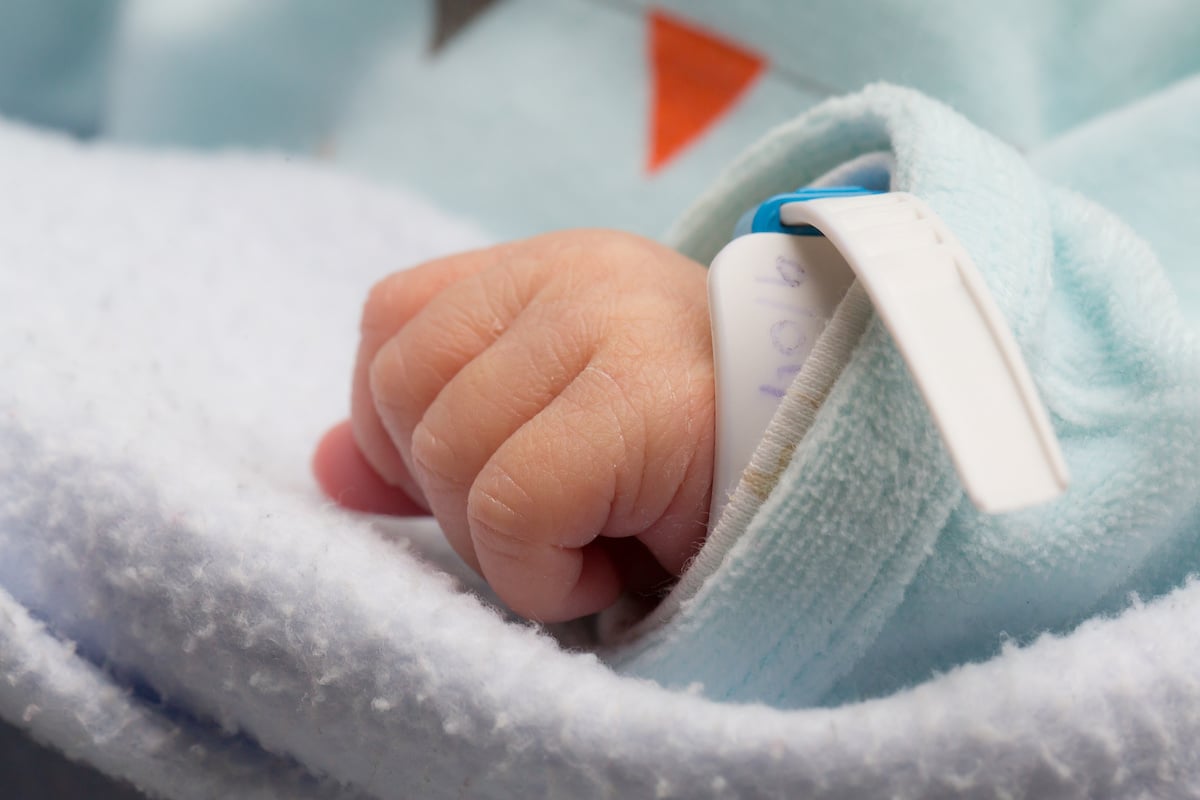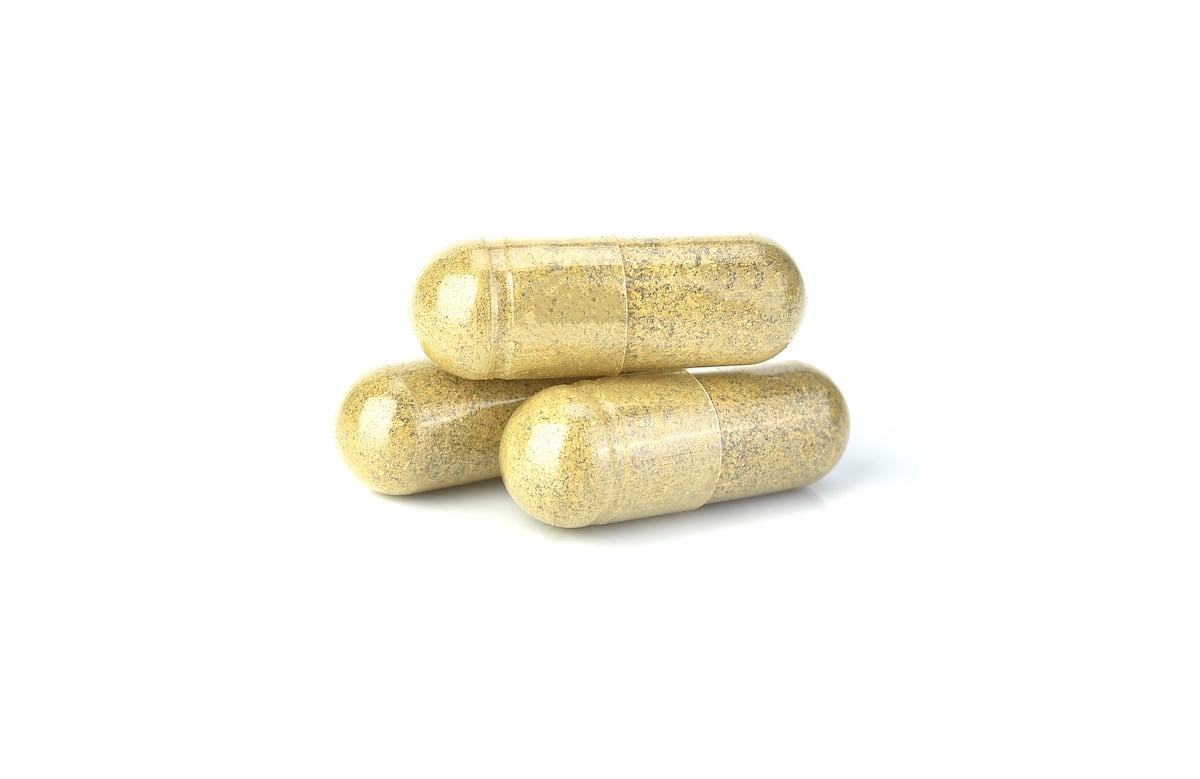
Americans continue to rank dead last in life expectancy among English-speaking countries, a new study finds. People in the United States more often fall prey at younger ages to accidental deaths, homicides and chronic diseases, researchers reported Aug. 13 in the BMJ Open journal. On the other hand, Australians had the longest life expectancy of… read on > read on >











.jpeg)




.jpeg)













